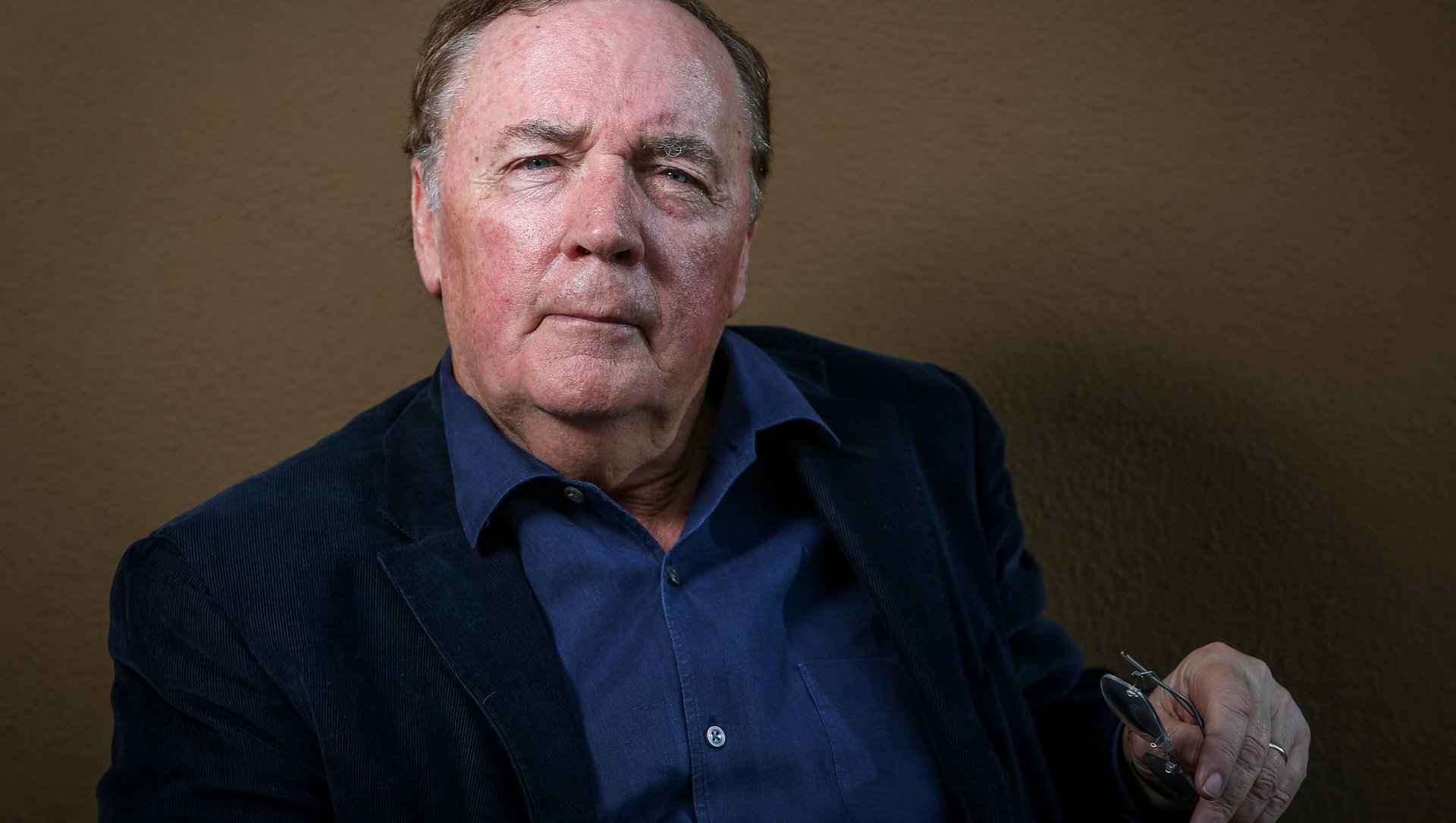James Patterson wants to change book publishing—with $5 novellas that are like “reading movies”
A third of Americans didn’t even pick up a book last year. Can James Patterson change that?


A third of Americans didn’t even pick up a book last year. Can James Patterson change that?
The bestselling US author, whose 156 books have sold more than 325 million copies worldwide, thinks so. In June, he will release a new line of novels (paywall) aimed precisely at readers who’ve stopped reading. These books will be:
- under 150 pages
- plot-driven enough that readers can power through one in a single sitting
- and under $5.
Patterson will write some of the books in this “BookShots” line himself, but other authors will also partake. His name should help sell them—one out of every 17 novels bought in the US was written by James Patterson since 2006, the New York Times said in 2010 (paywall). Already, 21 BookShots are slated for release already this year.
“You can race through these—they’re like reading movies,” he says of his new line. “It gives people some alternative ways to read.” Patterson may be a one-man books factory—he will release 40 books this year—but he is no Balzac, sitting up all night with 50 cups of coffee to crank out works of art.
To keep up his frenetic pace, Patterson likes to use co-authors to write his dozens of books a year, and the former copywriter at ad firm J. Walter Thompson is a stickler for corporate presentations complete with market-share and audience data at meetings with his publisher Hachette. His former publicist said:
A lot of authors are just grateful to be published. Not Jim. His attitude was that we were in business together, and he wanted us both to succeed, but it was not going to be fun and games.
Particularly interesting is Patterson’s plan for selling these BookShots. They’ll first crop up in the catalogs of Amazon, Barnes and Noble, and other popular bookstores, but the hope is for them to make their way onto the shelves of supermarkets and drugstores, too. While these venues have been “very inhospitable” to books in the past, Patterson’s new bite-sized novels may have newfound appeal, Hachette CEO Michael Pietsch told the Times.
Yet it’s a gamble. “Little tiny books don’t stand out in the store,” Pietsch admitted. “They’re hard to see, and they’re hard to gain media attention for. They’re economically difficult.” That’s partly why novellas and short stories have faded into the background against modern behemoths like David Foster Wallace’s Infinite Jest or Anthony Doerr’s All the Light We Cannot See.
Though the movie-derived marketing and distribution strategy is fitting for a man whose books have trailers.
Patterson’s famous name is likely to bolster interest in the new gimmick, in the same way Stephen King got away with publishing a novel in six installments in 1996—the question is just whether that interest will lead to people actually shelling out money and cracking open the books’ pages.